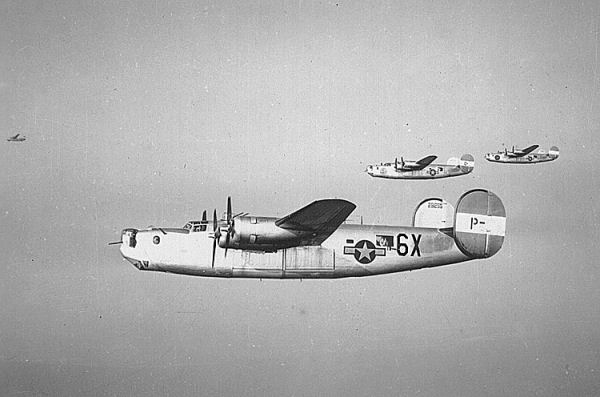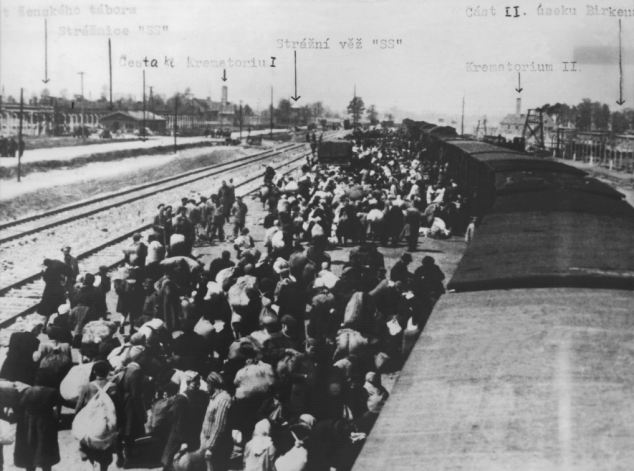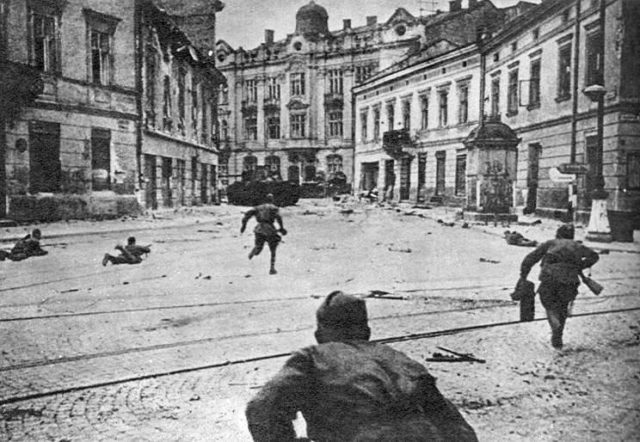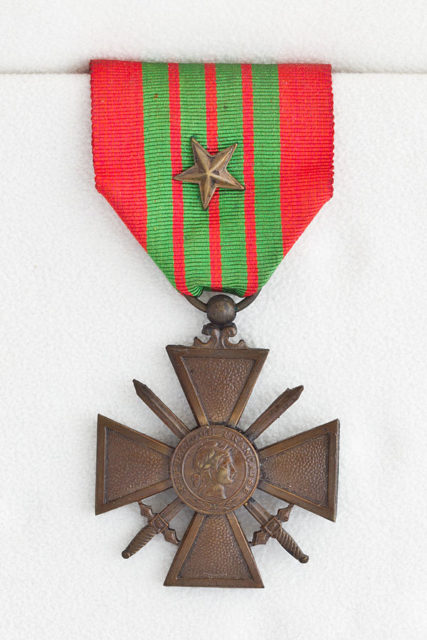Heroic WWII Veteran Nearly Took His Accomplishments to the Grave

WWII veteran Captain Robert Trimble served in the US Air Force during World War II. He flew 35 successful missions in a B-24 bomber before he was assigned a final mission that would take him deep into Soviet territory.
Though it seemed like a relatively harmless and simple task of delivering recently repaired airplanes to the Poltava Airbase in the Ukraine, he was informed of the true, more dangerous, nature of his mission once he arrived.

How he embraced that mission makes him a true hero. But he almost never spoke of his actions to anyone. If he had not mentioned them to his son in his final years, he would have taken his story to the grave.
Once Trimble arrived in Poltava, he was informed that he would be working with American counterintelligence agents in Soviet territory. The goal was to rescue US POWs stranded in Soviet-controlled territory. The risk was real. If Trimble was caught by the Red Army, he would certainly be killed.
The alliance between the US, UK, France and the USSR was always one of mutual benefit and mutual distrust. Stalin especially distrusted his western allies. Any westerner discovered in Soviet territory was assumed to be a spy. Once discovered, they were either forced to work in prison camps or simply “disappeared” entirely.

Allied POWs rescued by the Soviets from German camps in Poland were released into the Polish winter with no supplies, no weapons, and no transportation. Jews and French women kept by the Nazis as sex slaves were similarly left to fend for themselves.
Trimble’s first mission in Poland completely changed his perspective. While he had been angry at the deception that brought him to Poland in the first place, once he saw the value of his mission he undertook it enthusiastically.
After learning that there were American and British POWs hiding in a barn in Poland, he secretly travelled to meet them. What he found were 23 emaciated men dressed in dirty rags and covered with fleas and lice. He hid the men on a horse-drawn cart and smuggled them into the city of Lviv.

After bribing Soviet guards with US dollars (as good as gold in the Soviet territories), he smuggled the men onto a train heading west to freedom.
While in Lviv, he discovered more British soldiers starving and begging for food on the streets. Trimble was able to smuggle these men into the British embassy in Moscow where they could be sent home.
For six more weeks, Trimble worked tirelessly to rescue POWs. He would carry up to $15,000 US dollars hidden on his body to use for bribes. He rescued many POWs and 400 French women the Nazis had kept as slaves.
But the Soviet paranoia over American activity in their territories led to the shut down of Poltava Airbase. Trimble was sent home. For the rest of his life he felt that the American government caved in to easily to the Soviets. He spoke publicly about the issue going as far as to say things like, “shame on America.”
Trimble was awarded the Bronze Star for his service while also being admonished for his comments about America. The French however had no reservation in awarding him the Croix de Guerre, one of their highest military awards for acts of extraordinary valor.

Because his missions were top secret, they were never publicized. Until Trimble mentioned something about them to his son, he never spoke of them himself. Some of the bravest, most selfless deeds of the war were nearly lost to history.
His son spent a few years interviewing his father and then collected his remembrances in a book, “Beyond the Call.”
Another Article From Us: Got a Spare $12 MILLION – Then This P-82 Twin Mustang is Yours
Trimble passed away in 2009 at the age of 89.
